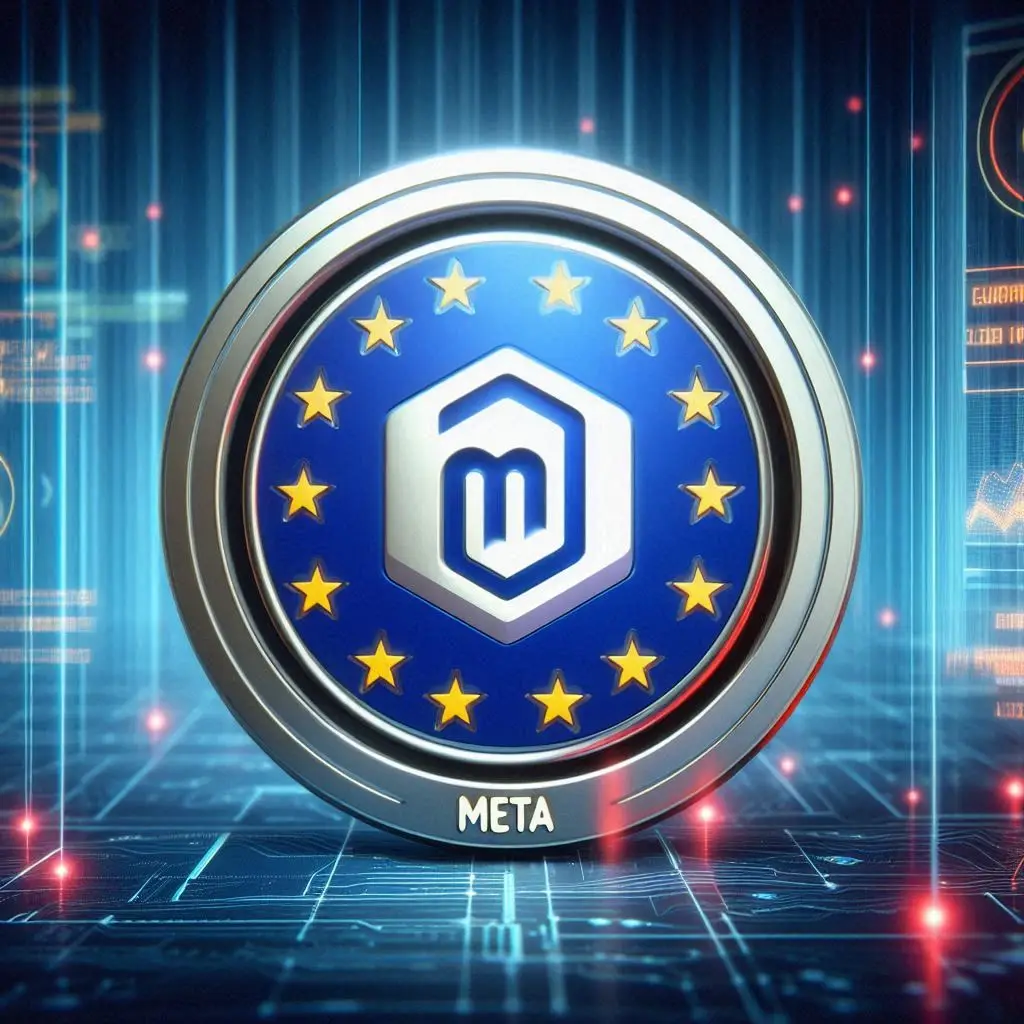Meta Platforms Inc., the parent company of Facebook, has decided to delay the launch of its AI chatbot, Meta AI, in Europe. This decision comes after regulatory concerns were raised regarding the company's plan to train its large language models (LLMs), specifically the Llama model, using posts from European users.
Introduction
The tech giant Meta had initially announced its ambitious plan to harness public posts generated by European users to train its Llama language model. This approach aimed to enhance the chatbot's capabilities, making it more responsive and accurate in understanding and generating human-like text. However, the move was met with significant regulatory scrutiny, particularly from the Irish Data Protection Commission (DPC), which has led to an indefinite delay in the project.
Regulatory Concerns
The Irish DPC, which is one of the key regulatory bodies overseeing data protection in Europe, expressed reservations about Meta's approach. The primary concern centered around the potential privacy implications of using user-generated content without explicit consent. European data protection laws, particularly the General Data Protection Regulation (GDPR), place stringent requirements on how companies collect, store, and use personal data. The DPC's pushback reflects a broader concern about the balance between technological innovation and user privacy rights.
Meta's Response
In response to the DPC's concerns, Meta updated its initial announcement to reflect the delay in its plans. The company acknowledged the regulatory pushback and emphasized its commitment to working with European regulators to address these issues. A Meta spokesperson stated, "We are committed to ensuring that our practices comply with European data protection laws and respect the privacy of our users."
Implications for AI Development
This regulatory pushback and subsequent delay underscore the challenges tech companies face when deploying AI technologies that rely on large datasets. Training LLMs like Llama requires vast amounts of data to improve their performance. However, the use of user-generated content, especially from regions with strict data protection laws, presents significant hurdles.
For Meta, this delay represents not just a pause in their AI chatbot launch but also a critical moment to reassess their data practices and ensure compliance with European regulations. This situation could set a precedent for other tech companies looking to leverage user data for AI development, highlighting the need for clear guidelines and transparent practices.
Future Prospects
While the delay is indefinite, it is not necessarily permanent. Meta has expressed its intention to collaborate closely with European regulators to find a way forward. This may involve developing new methods for data collection and processing that are in line with GDPR requirements. Additionally, Meta might need to implement more robust consent mechanisms to ensure that users are fully aware of how their data is being used.
The outcome of these discussions will likely influence not only Meta's future AI projects but also the broader landscape of AI development in Europe. It will be crucial for Meta to demonstrate that innovation can go hand-in-hand with privacy protection, setting a standard for the industry.
Conclusion
The delay in the launch of Meta AI in Europe highlights the complex interplay between technological advancement and regulatory frameworks. As Meta navigates this regulatory landscape, the tech industry as a whole will be watching closely. Ensuring compliance with data protection laws while continuing to innovate will be a critical challenge for all companies in the AI space. For now, the focus will be on how Meta and European regulators can collaborate to achieve a solution that upholds user privacy without stifling technological progress.





Add a Comment: